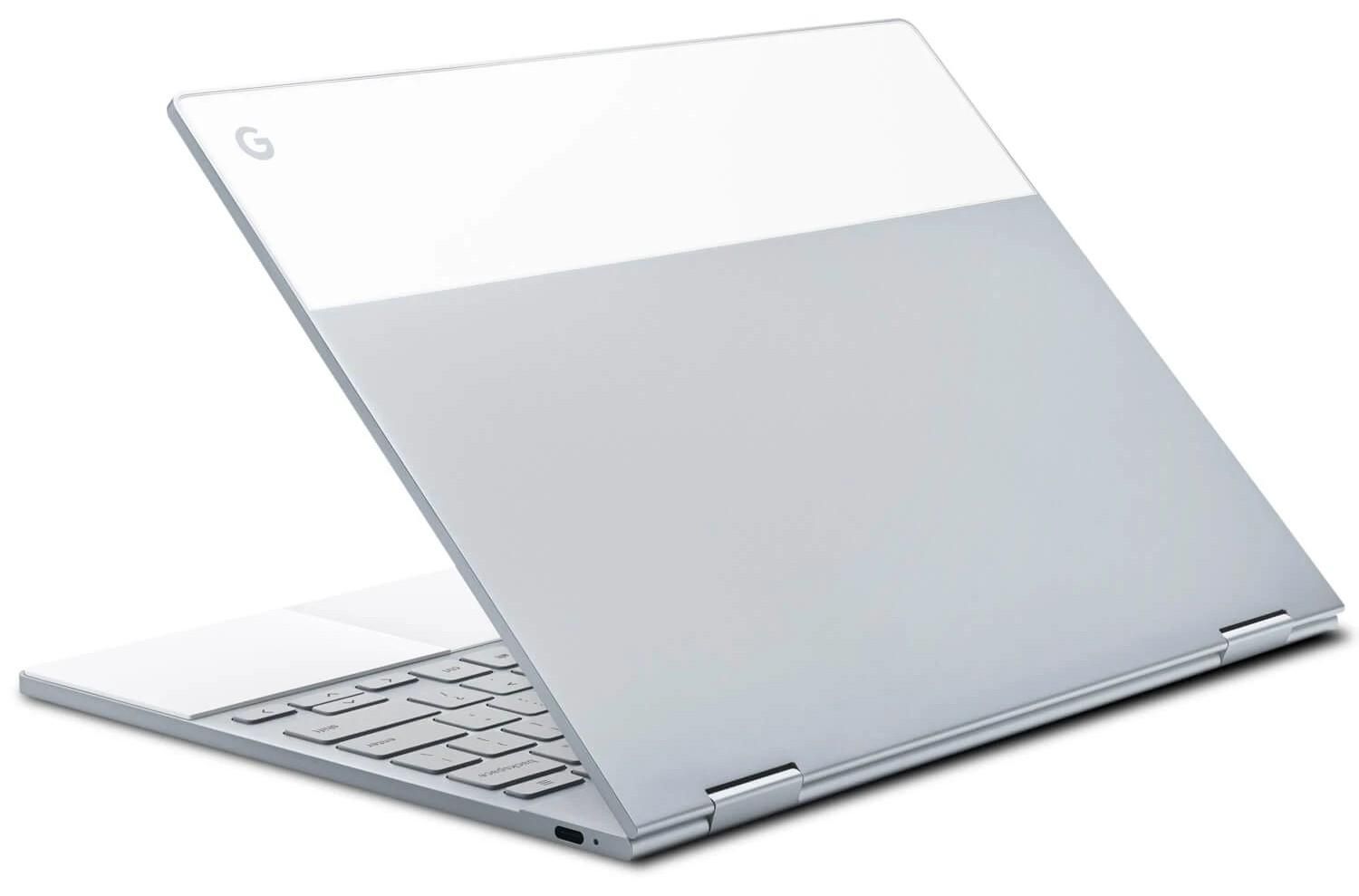Chromebooks are great for light, web-based work, and for students too. And that they are dirt-cheap further adds to their appeal. But the biggest drawback of owning a Chromebook is a fixed product life, something Google calls Auto Update Expiration (AUE) date. Once a Chromebook reaches its AUE date, it stops receiving Chrome OS updates, leaving the doors open for security issues. In the past, Google has extended the AUE date of Chromebooks on multiple occasions, making it to eight years of promised updates for certain machines. Now, the company is adding another year of software support for a few Chromebooks, offering a total of nine years of official support.
First spotted by the folks over at AndroidPolice, Google’s updated Auto Update Policy page for Chromebooks has listed two new models – HP Pro c645 Chromebook Enterprise and the Lenovo ThinkPad C13 Yoga Chromebook Enterprise. The latter was launched earlier this month and is a powerhouse machine that relies on AMD’s new Ryzen 7 3700C processor for Chromebooks. Currently, the Auto Update Expiration date for both the devices is listed as 2029, which means they will get Chrome OS updates for nine years.
Good news, but far from a permanent solution
We don’t know if Google is giving the same treatment to more Chromebooks, but this is definitely a good start. But it appears that Google is targeting premium machines that cost a pretty penny, especially those aimed at enterprise customers. However, it still remains a major drawback for Chromebooks. Windows PCs, on the other hand, can be updated without any limits. What this means is, as long as the hardware is good enough for you, you will continue to enjoy new features added by each successive Windows updates.
Lacros might be a savior, sort of!
Google has lately tried to partially fix this glaring problem of Chromebooks with the Lacros initiative. But, what is Lacros? Here’s how the official Lacros Git defines it: “On Chrome OS, the system UI (ash window manager, login screen, etc.) and the web browser are the same binary. Lacros separates this functionality into two binaries, henceforth known as ash-chrome (system UI) and lacros-chrome (web browser).”
Lacros essentially promises Chrome browser updates for Chromebooks even after they have reached the AUE date. And since Chrome browser is at the heart of Chrome OS, you will get new features and security enhancements even after your Chromebook has stopped receiving Chrome OS updates.


